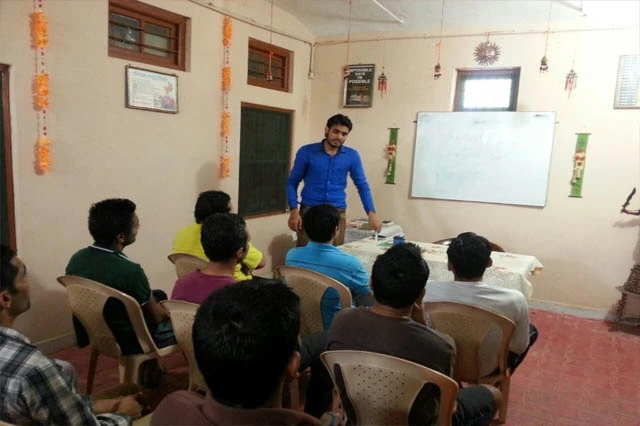
Know the Numbers of Depression and Anxiety
As per a recent report distributed in the diary Mental Administrations, more than 8.3 million American grown-ups have sorrow or nervousness. The 2016 Top Health spokesperson\'s report on dependence noticed that north of 27 million individuals were abusing drugs and more than 66 million were abusing liquor in the year earlier. Wretchedness, uneasiness, and compulsion are on the ascent, and they\'re undeniably interconnected. Be that as it may, before we discuss why sorrow and uneasiness add to chronic drug use, how about we characterize these terms?
Related: Nasha Mukti Kendra in Chandigarh
Definition of Depression and Anxiety
Customary course book meanings of misery and tension portray side effects, not causes. When you search "gloom," you\'ll get this: “An emotional wellness problem portrayed by constantly discouraged temperament." When you look for "nervousness," you\'ll view this: “a mental health condition characterized by fear, worry, or anxiety. These definitions are precise, yet they\'re not precisely enlightening. They don\'t uncover the main drivers. We like to characterize wretchedness as "outrage turned internal." This definition is only three words in length, yet it focuses on the root issues. Anger hasn’t let you feel or express is depression. While despondency appears as trouble or numb disregard, it gets going as outrage. Similarly, we characterize nervousness as "profound energy quickly returning and forward, caught between inward walls." When you refuse to feel your "off-limits" emotions, like hurt and anger, you experience anxiety. We show a system that explains the connection between sorrow, uneasiness, and compulsion. It\'s known as the "Outrage Hurt-Cherishing" model, and it focuses on the way forward to mending.
How Addiction Plays
Presently, we feel discouraged, restless, and in a place of frenzy as well as we feel horrible.
We\'re frantic to feel better. Additionally, the standard isn\'t always met; we\'re only frantic for a break from feeling so terrible! We turn to drugs because we want to avoid our feelings of stress, anxiety, and panic. We don\'t use drugs because we\'re bad, but rather because we feel bad. Thankfully, there is another choice. As you find in the model, when you permit yourself to feel your sentiments as opposed to stuffing them, you push toward mending. The most ideal way to summarize the central message of the Annoyance Hurt is to Adore with love to the pieces of yourself that hurt then you recuperate.
Related: Nasha Mukti Kendra in Jammu
Medication plays a prime role in healing
Medication yourself with illegal substances is fraught with danger, taking legally prescribed medications such as SSRIs for depression and anxiety can do a world of good. Prescription medications can improve and stabilize people\'s health with mood disorders up to a point. Medication for depression may well be the perfect fit and fast way. But for the long term, it’s important to find the root causes, not just alleviate symptoms. Surely, we want to help people feel better. Of course, we want to provide care in crisis. But we also want to give people the comfort that they need to recover from depression and anxiety. We typically suggest that people need to maintain their current medications and dosages as they begin communication on the underlying core issues. Whenever they\'ve had an opportunity to work with a specialist, they can observe on the off chance that a lower portion is justified. We frequently find that persistent emotional well-being issues lessen in power, or even vanish through and through, as individuals figure out how to apply love to the pieces of themselves that hurt.
Treatment of Depression and Anxiety for recovery:
While self-drug with unlawful substances is full of risk, taking lawfully endorsed prescriptions, for example, SSRIs for melancholy and tension can do a lot of good. Physician-endorsed prescriptions can improve and balance out individuals with state-of-mind problems to a limited extent. Temporarily, a prescription for sorrow likely could be the ideal fit. Be that as it may, as long as possible, it\'s vital to address the underlying drivers, not simply mitigate side effects. We need to assist people to feel improved. We need to give emergency care. Yet, we additionally need to give individuals the apparatuses they need to recuperate from sadness and uneasiness. We normally propose that individuals keep up with their ongoing meds and doses as they start tending to the fundamental center issues. Whenever they\'ve had a chance to work with a specialist, they can recognize if a lower portion is justified. We frequently find that persistent emotional wellness issues reduce in power, or even vanish out and out, as individuals figure out how to apply love to the pieces of themselves that hurt.


